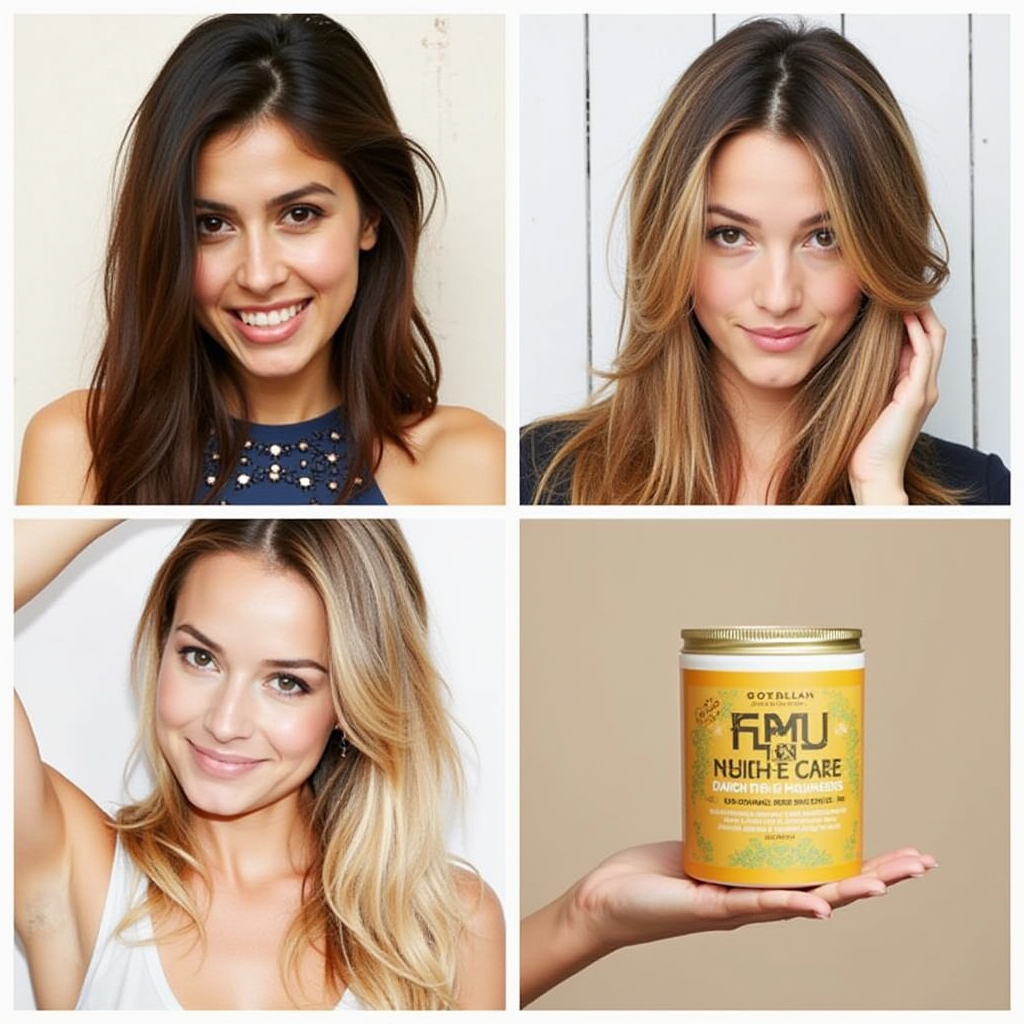Ultimate Guide to Choosing the Best Hair Mask for Your Needs

In today’s fast-paced world where our hair is exposed to various environmental stressors, nourishing and repairing it becomes a top priority. Enter the humble yet powerful hair mask. A hero in disguise, this supercharged deep conditioner promises revitalization from the roots to the tips.
What Exactly Is a Hair Mask?
A hair mask is much more than your average deep conditioner. It’s an intensive treatment that provides deep hydration and nourishment, addressing concerns like dryness, damage, and dullness. Hairstylist Bridget Brager describes it as a way to improve both the lengths of your hair and scalp health.
Why Use Hair Masks?
- Hydration: They add essential moisture back into your strands.
- Prevent Damage: By reinforcing the structure, they help prevent breakage and split ends.
- Scalp Health: A healthy scalp can lead to healthier hair growth.
- Bond Repair: These masks work on rebuilding broken bonds rather than just masking problems.
Selecting the Best Hair Mask for Your Type
Choosing the right hair mask is akin to choosing a personal trainer; it should align with your specific needs. Here’s what you need to consider:
- Hair Type: Whether curly, straight, fine, or coarse, each type has unique needs.
- Desired Results: Are you looking for moisture, volume, repair, or something else?
- Frequency of Use: Depending on your hair’s condition, masks can be used once a week or even more frequently in some cases.
Key Ingredients to Look For
When delving into the world of hair care products, certain ingredients stand out for their effectiveness:
- Damaged Hair: Opt for coconut oil, ceramides, castor oil, and silk peptides.
- Hair Breakage: Look for keratin, collagen, and biotin-rich formulas.
- Dryness: Shea butter and botanical extracts are your best friends here.
- Oiliness: Tea-tree oil or salicylic acid can help regulate excess sebum production.
- Fine Hair: Products with biotin or caffeine may promote hair density.
- Curly Hair: Sulfate-free formulas enriched with shea butter and hyaluronic acid will do wonders for your curls.
- Color-Treated Hair: Gentle, sulfate-free cleansers that maintain color integrity are ideal.
Expert Recommendations
Seeking advice from professional hairstylists can offer personalized insights. Here are some expert tips:
- Bridget Brager: Advocate for intense hydration and scalp health through hair masking.
- Andrew Fitzsimons: Recommends lightweight, hydrating masks that suit your natural hair state and address specific concerns like frizz or oiliness.
- Dimitris Giannetos: Suggests utilizing biotin for thinning hair to stimulate growth and improve overall hair health.
Incorporating Hair Masks into Your Routine
Integrating a hair mask into your regular beauty regimen can seem daunting, but it’s quite straightforward. Post-shampooing, apply the mask generously through your lengths and ends, or even roots if you have oily hair.
- Leave-in Time: Allow the mask to sit for 15-30 minutes based on its formulation before rinsing it out with lukewarm water.
- Drying: After rinsing, gently pat your hair dry. Avoid using heat if possible to maintain maximum benefits from the treatment.
And there you have it—a comprehensive guide that will help you navigate the plethora of options available in the world of hair masks. Remember, as with any beauty product, results can vary based on individual circumstances, so don’t hesitate to experiment until you find your perfect match.
This HTML document is structured to give readers a comprehensive guide about hair masks. It elaborates on the various considerations for choosing the right hair mask, key ingredients beneficial for different hair concerns, and expert tips from well-known hairstylists. The article also includes practical steps for incorporating hair masks into one’s hair care routine, ensuring that readers have both knowledge and actionable advice to improve their hair health.